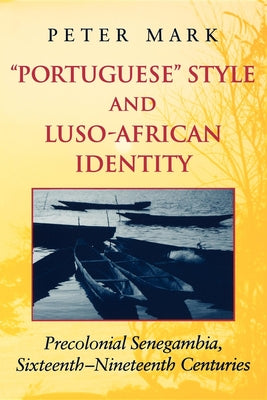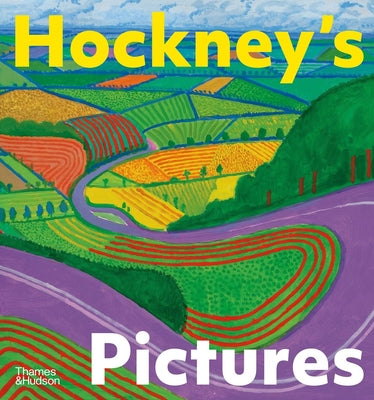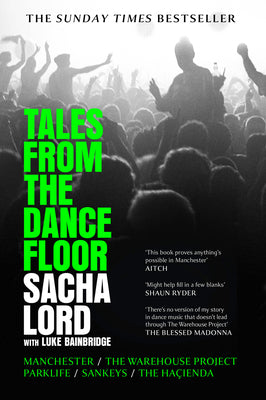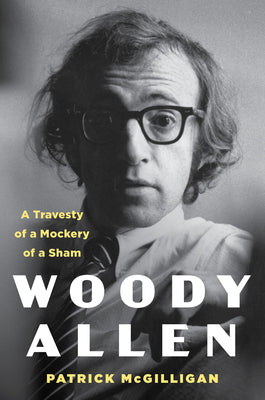
Portuguese Style and Luso-African Identity: Precolonial Senegambia, Sixteenth-Nineteenth Centuries
Portuguese Style and Luso-African Identity: Precolonial Senegambia, Sixteenth-Nineteenth Centuries
Mark, Peter
Select Format

In this detailed history of domestic architecture in West Africa, Peter Mark shows how building styles are closely associated with social status and ethnic identity. Mark documents the ways in which local architecture was transformed by long-distance trade and complex social and cultural interactions between local Africans, African traders from the interior, and the Portuguese explorers and traders who settled in the Senegambia region. What came to be known as "Portuguese" style symbolized the wealth and power of Luso-Africans, who identified themselves as "Portuguese" so they could be distinguished from their African neighbors. They were traders, spoke Creole, and practiced Christianity. But what did this mean? Drawing from travelers' accounts, maps, engravings, paintings, and photographs, Mark argues that both the style of "Portuguese" houses and the identity of those who lived in them were extremely fluid. "Portuguese" Style and Luso-African Identity sheds light on the dynamic relationship between identity formation, social change, and material culture in West Africa.
User reviews will be displayed here...
Related products or products you might find interesting

The Bible Recap: Deepen Your Understanding of God's Attributes from Every Book in the Old Testament
Cobble, Tara
$17.21 USD Shop Now



Window Shopping with Helen Keller: Architecture and Disability in Modern Culture
Serlin, David
$121.96 USD Shop Now



Tales from the Dancefloor: Manchester / The Warehouse Project / Parklife / Sankeys / The Ha
Lord, Sacha
$30.00 USD Shop Now



